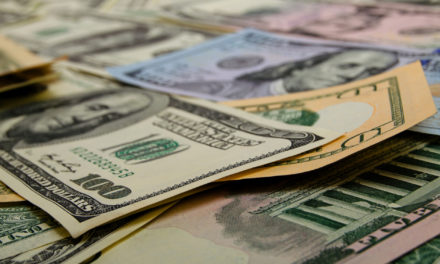
“When we own portions of outstanding businesses with outstanding managements, our favorite holding period is forever.”
— Warren Buffett
A key lesson we can learn from Warren Buffett, is about how to think about a potential stock investment in the context of a long-term time horizon. Every investor in a stock has a choice: bite our fingernails over the short-term ups and downs that are inevitable with the stock market, or, zero in on stocks we are comfortable to simply buy and hold for the long haul — maybe even a two-decade holding period. Heck, investors can even choose to completely ignore the stock market’s short-run quotations and instead go into their initial investment planning to hold on for years and years regardless of the fluctuations in price that might occur next.
Today, we examine what would have happened over a two-decade holding period, had you decided back in 2002 to buy shares of Fiserv Inc (NASD: FISV) and simply hold through to today.
| Start date: | 10/28/2002 |
|
|||
| End date: | 10/25/2022 | ||||
| Start price/share: | $7.56 | ||||
| End price/share: | $100.08 | ||||
| Starting shares: | 1,322.75 | ||||
| Ending shares: | 1,322.75 | ||||
| Dividends reinvested/share: | $0.00 | ||||
| Total return: | 1,223.81% | ||||
| Average annual return: | 13.78% | ||||
| Starting investment: | $10,000.00 | ||||
| Ending investment: | $132,273.30 | ||||
The above analysis shows the two-decade investment result worked out quite well, with an annualized rate of return of 13.78%. This would have turned a $10K investment made 20 years ago into $132,273.30 today (as of 10/25/2022). On a total return basis, that’s a result of 1,223.81% (something to think about: how might FISV shares perform over the next 20 years?). [These numbers were computed with the Dividend Channel DRIP Returns Calculator.]
More investment wisdom to ponder:
“A 10% decline in the market is fairly common, it happens about once a year. Investors who realize this are less likely to sell in a panic, and more likely to remain invested, benefitting from the wealthbuilding power of stocks.” — Christopher Davis



